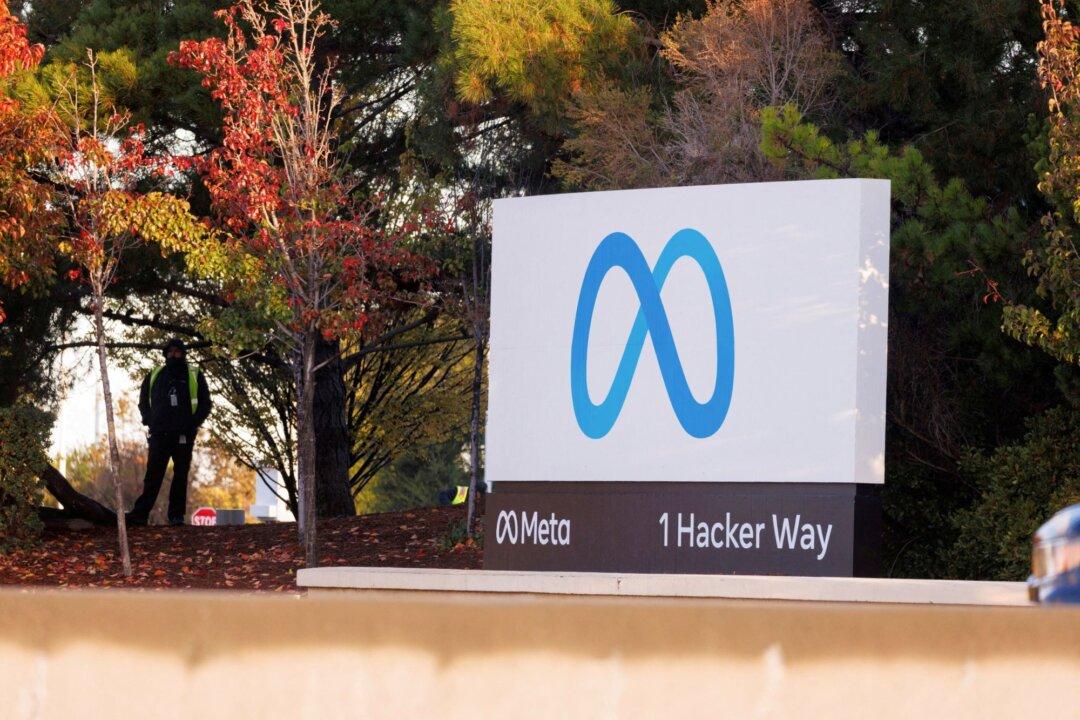Meta, the company that owns Facebook, has announced its decision to bar political campaigns and advertisers in regulated industries from utilizing its new generative AI advertising products.
This move, aimed at curbing the spread of election misinformation in the run-up to the 2024 U.S. presidential elections, was publicly disclosed through updates on the company’s help center on Monday night.





